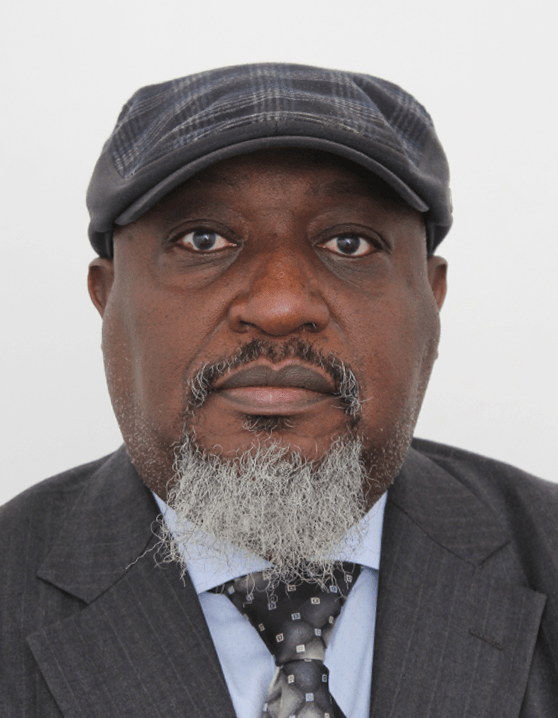
BY NGOVI KITAU
One of the most celebrated national holidays in Korea is Gaecheonjeol (National Foundation Day).
It is a public holiday marked every year on October 3, and the Embassy of the Republic of Korea in Nairobi will host the ‘4357th Korean National Foundation Day on October 25 at Safari Park Hotel.
Gaecheonjeol- “The Day the Heaven opened”-honors the legendary formation of Gojoseon, the first Korean state, founded by Dangun Wanggeom, in 2333 BCE.
This day is a great inspiration and can stimulate and foster Pan-Africanism and African Agency. A detailed review of Gaecheonjeol presents insights into the deep roots of Korean identity and pride.
Amazingly, this great day continues to shape Korean national consciousness, unity and patriotism, achievements which have been elusive in Africa.
The birth of Korea is based on the myth of Dangun, which is similar to many African creation myths except that the Korean creation has a specific timeline. The legend revolves around Hwanin, Hwanung, and Dangun.
The Lord of Heaven, Hwanin, had a son, Hwanung, who wished to descend on earth to improve the welfare of mankind. Hwanin blessed his son and opened heaven to allow him to descend.
Hwanung descended with 3,000 followers to Mount Taebaek and founded a sacred city Shinsi (City of God) in 2457 BCE.
Thereafter, he improved many aspects of human with the help of the gods of wind, clouds and rain. One day, a tiger and a bear beseeched Hwanung to make them human beings.
Hwanung told them to keep away from sunlight and stay in a cave for 100 days and eat only mugwort and garlic during that period.
The tiger could not persevere and soon left the cave. Bear completed the feat and was transformed into a woman. She later became Hwanung’s wife and gave birth to a son, Dangun Wanggeom.
Dangun later ascended to the throne in 2333 BCE and founded the first Korean nation. The significance of Gaecheonjeol is deeper than the myth, the public celebrations and the associated rituals and ceremonies.
It is a platform to foster patriotism, amplify unity among Koreans, and solidify a strong sense of shared cultural heritage and a strong sense of national identity.
Considering Korea’s history of colonial subjugation, just like that of Africa, Gaecheonjeol affirms Korea’s cultural and political sovereignty, reinforcing national solidarity against foreign threats.
This is particularly relevant to Africa in contemporary times where external interference and domination have made it increasingly difficult for Africans to attain patriotism, solidarity, and unity.
It is worthwhile to note that long before Korea was founded, and Europeans (Greeks) arrived in Egypt during the 7th century BCE and Arabs in 641 CE, Africa had flourishing Kingdoms and city-states.
These Africans had a good understanding of geometry, architecture, and engineering necessary for the construction of pyramids which still exist 5,000 years later. Indigenous Africans had started many Kingdoms in Africa.
Three notable Kingdoms that existed before 2333 BCE, where: The Kingdom of Kerma (2500-1500 BCE), in Upper Nubia which is in modern-day Sudan.
Earlier, King Narmer (Menes) had united Upper and Lower Egypt in 3100 BCE to form the Kingdom of Ancient Egypt (3100 BCE-332 BCE), and the Kingdom of Ta-seti (3500-3000) in Northern Nubia (Southern Egypt and Sudan).
These early states laid the foundation for later Kingdoms and empires throughout Africa.
African scholars and researchers need to dig deeper, as Koreans did, and tell us the genesis of Africans, and whether Africans are the same or different people, and why is it so difficult for them to speak with one voice.
As Africans await guidance from their scholars, researchers, and practitioners on how to fast-track solidarity and unity, there are two actions they can embark on: Embrace Pan-Africanism and African Agency.
Pan-Africanism is an ideological movement that seeks to unify African people and nations with the goal of promoting shared identity, solidarity, and collective progress.
On the other hand, African Agency deals with the ability of Africans to make independent decisions and the capacity to act independently.
It refers to the capacity of African nations, institutions, and individuals to shape their own economic, social, and political outcomes and to influence global events.
Rather than relying on external actors or influence, the emphasis is on African-led solutions, initiatives and leadership.
Korean achievements of patriotism, pride, shared identity, solidarity, and unity brought about by the Dangun myth, played a major role in Korea’s rapid industrialisation and modernisation. This is commendable.
Ambassador Ngovi KITAU First Kenyan Ambassador to the Republic of Korea and Specialist in Korean Peninsula Studies.











